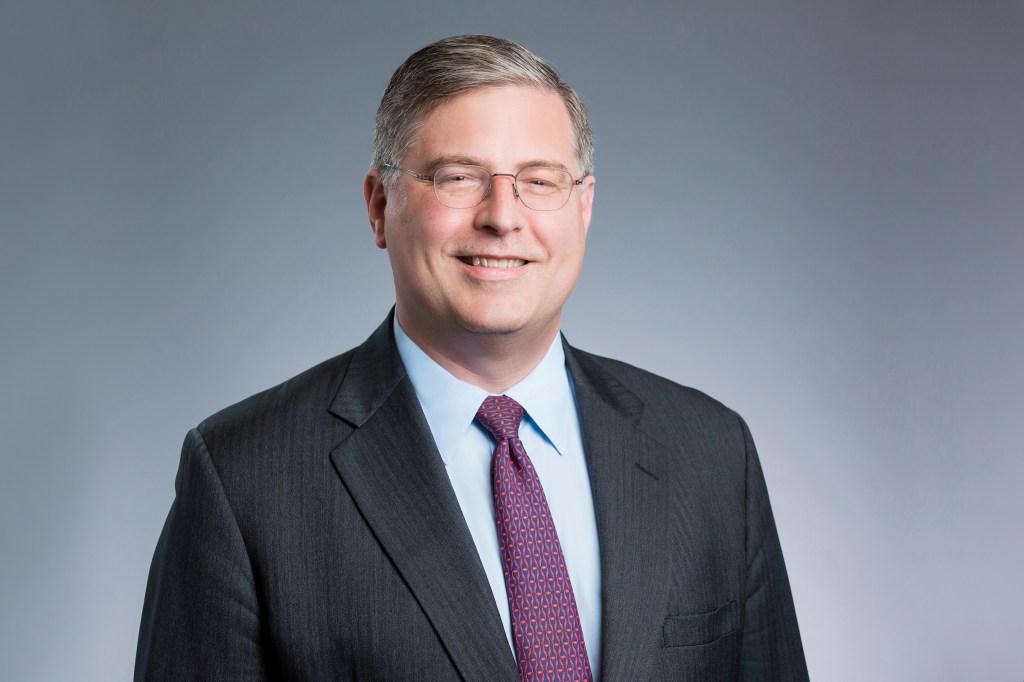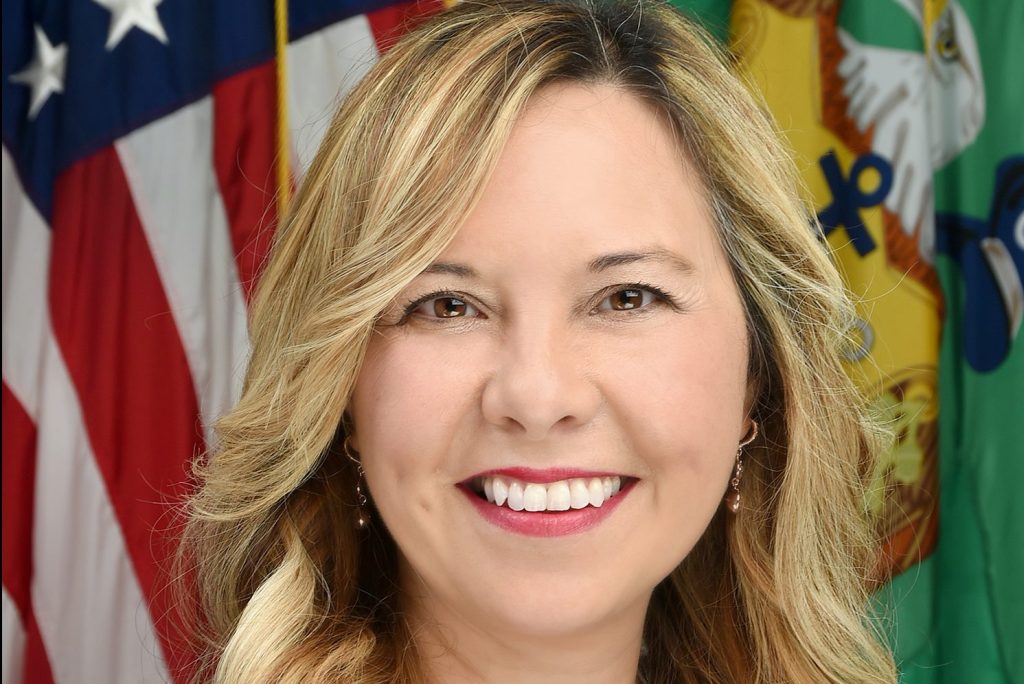Christy Goldsmith Romero, commissioner of the Commodity Futures Trading Commission, has proposed the creation of a federal fraud database that would allow investors and law enforcement to uncover information on past financial fraud convictions and civil fines.
The database would be centralized and searchable, affording the public better protection against fraudulent activities, Reuters reported.
“This would be a comprehensive record that the public can easily check before giving someone their money, their trust and their business,” she said at an industry conference.
Although many regulators maintain databases of disciplinary actions or consumer complaints, there is no national database to make it easier to search across federal agencies or state regulators. A centralized registry would also make it easier for the government to identify repeat offenders and deter potential fraudsters, Goldsmith Romero said.
“This would be a comprehensive record that the public can easily check before giving someone their money, their trust and their business.”
Christy Goldsmith Romero, Commissioner, CFTC
“This was something I was thinking about again recently with respect to crypto,” she said in an interview with Reuters. “We know that fraud is massively present in the crypto space, but there’s so much disjointed information for people to try to get to.”
Goldsmith Romero had suggested the registry several years ago while serving as the watchdog of a key 2009 financial crisis bailout program.
The Troubled Asset Relief Program, or TARP, maintained a public database on the web so money from the program could be monitored and regulators, lawmakers and the public could see how banks use the TARP money they were given as part of the $700 billion bailout at the time.
Finding a single agency to host the database and securing the initial funding to get it off the ground would be a challenge though, she acknowledged.
















